The Dawn of Reckoning
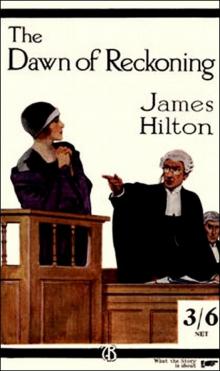

Author: James Hilton
Category: Literature
Published: a long time ago
Series:
View: 519
Read OnlineThe novel Dawn of Reckoning, was first published in London in 1925. In 1932, it was published in New York under the title Rage in Heaven. In 1941, it was adapted in the movie 'A Rage in Heaven', a psychological thriller about the destructive power of jealousy which was directed by W. S. Van.
In this story, Phillip Monrell and his former college roommate Ward Andrews arrive at the Monrell home, where they meet Phillip's mother's secretary Stella Bergen. They are both strongly attracted to her but she ends up marrying the idle Phillip.
Phillip is put in charge of the family steel mill, but is not suited for the job. He begins to exhibit signs of mental illness, particularly abnormal jealousy of any competition for his wife's affections. Despite this, he hires Ward to be the chief engineer at the mill. Eventually, Phillip's paranoid suspicion that Ward and Stella love each other drives him to try to kill his rival at work. Ward confronts him and quits. Stella, convinced that her husband is insane, leaves him and meets Ward. Phillip phones them and promises to grant her a divorce if Ward will talk with him in person. Despite Stella's misgivings, Ward agrees to see him. However, Phillip provokes a loud argument and Ward leaves. Afterwards, the madman kills himself, carefully framing Ward for the crime. Ward is arrested, convicted of murder and sentenced to be executed. A frantic Stella is unable to convince anyone of his innocence. The day before the execution, she is visited by Dr. Rameau, a psychiatrist who had been treating Phillip. He is convinced that Phillip committed suicide and that he would have left some message bragging about it. They go to the Monrell mansion and start searching. Mrs. Monrell reveals that her son kept diaries; then, Clark, the butler, recalls that he mailed a package to Paris. They take a flight to France and find the book, which saves Ward from execution.
James Hilton, the son of John Hilton (a schoolmaster) and Elizabeth (a schoolmistress before her marriage) was born on September 9, 1900 in Leigh, Lancashire. He attended the George Monoux School in London before attending Leys School, Cambridge, where he studied and contributed to the school magazine from 1915 to 1918. While he was still an undergraduate at Christ’s College, Cambridge, his first novel, Catherine Herself, was published in 1920. In 1921 he became a freelance journalist, wrote articles, book reviews and a number of his novels which had no commercial success until the publication of And Now Goodbye in 1931. In 1933 he wrote Lost Horizon which won the Hawthornden Prize in 1934. In 1933 he wrote the story of Goodbye, Mr. Chip! which was an immediate success both in Britain and America and by early 1934 Hilton was a best-selling author. There was an insatiable appetite to read his work and all of his earlier novels including 'The Dawn of Reckoning' were reprinted on popular demand.
In 1935, Hilton married his English wife, Alice Brown, and left for the film capital Hollywood. Many of his books became world-wide hit movies, most notably Lost Horizon (1937), Goodbye Mr Chips (1939) and Random Harvest (1942). Hilton became established as a scriptwriter and contributed to the Greer Garson wartime classic Mrs. Miniver. He was a popular figure in Hollywood and counted Frank Capra, Ronald Coleman and Greer Garson amongst his friends and won the Best Screenplay Oscar for Mrs. Miniver in 1942. His first marriage ended in divorce in 1937 and he married Galina Kopineck, a young starlet. This marriage also proved volatile and Hilton divorced her eight years later. He continued to write best-selling novels during and after the Second World War including Random Harvest, So Well Remembered and Time and Time Again. On December 20, 1954 Hilton died in hospital in Long Beach, California of liver cancer.
In this story, Phillip Monrell and his former college roommate Ward Andrews arrive at the Monrell home, where they meet Phillip's mother's secretary Stella Bergen. They are both strongly attracted to her but she ends up marrying the idle Phillip.
Phillip is put in charge of the family steel mill, but is not suited for the job. He begins to exhibit signs of mental illness, particularly abnormal jealousy of any competition for his wife's affections. Despite this, he hires Ward to be the chief engineer at the mill. Eventually, Phillip's paranoid suspicion that Ward and Stella love each other drives him to try to kill his rival at work. Ward confronts him and quits. Stella, convinced that her husband is insane, leaves him and meets Ward. Phillip phones them and promises to grant her a divorce if Ward will talk with him in person. Despite Stella's misgivings, Ward agrees to see him. However, Phillip provokes a loud argument and Ward leaves. Afterwards, the madman kills himself, carefully framing Ward for the crime. Ward is arrested, convicted of murder and sentenced to be executed. A frantic Stella is unable to convince anyone of his innocence. The day before the execution, she is visited by Dr. Rameau, a psychiatrist who had been treating Phillip. He is convinced that Phillip committed suicide and that he would have left some message bragging about it. They go to the Monrell mansion and start searching. Mrs. Monrell reveals that her son kept diaries; then, Clark, the butler, recalls that he mailed a package to Paris. They take a flight to France and find the book, which saves Ward from execution.
James Hilton, the son of John Hilton (a schoolmaster) and Elizabeth (a schoolmistress before her marriage) was born on September 9, 1900 in Leigh, Lancashire. He attended the George Monoux School in London before attending Leys School, Cambridge, where he studied and contributed to the school magazine from 1915 to 1918. While he was still an undergraduate at Christ’s College, Cambridge, his first novel, Catherine Herself, was published in 1920. In 1921 he became a freelance journalist, wrote articles, book reviews and a number of his novels which had no commercial success until the publication of And Now Goodbye in 1931. In 1933 he wrote Lost Horizon which won the Hawthornden Prize in 1934. In 1933 he wrote the story of Goodbye, Mr. Chip! which was an immediate success both in Britain and America and by early 1934 Hilton was a best-selling author. There was an insatiable appetite to read his work and all of his earlier novels including 'The Dawn of Reckoning' were reprinted on popular demand.
In 1935, Hilton married his English wife, Alice Brown, and left for the film capital Hollywood. Many of his books became world-wide hit movies, most notably Lost Horizon (1937), Goodbye Mr Chips (1939) and Random Harvest (1942). Hilton became established as a scriptwriter and contributed to the Greer Garson wartime classic Mrs. Miniver. He was a popular figure in Hollywood and counted Frank Capra, Ronald Coleman and Greer Garson amongst his friends and won the Best Screenplay Oscar for Mrs. Miniver in 1942. His first marriage ended in divorce in 1937 and he married Galina Kopineck, a young starlet. This marriage also proved volatile and Hilton divorced her eight years later. He continued to write best-selling novels during and after the Second World War including Random Harvest, So Well Remembered and Time and Time Again. On December 20, 1954 Hilton died in hospital in Long Beach, California of liver cancer.
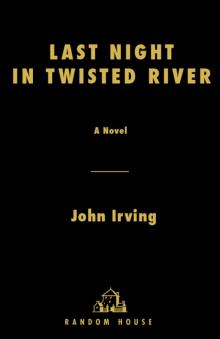 Last Night in Twisted River
Last Night in Twisted River Beautiful Lies
Beautiful Lies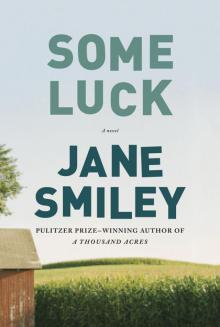 Some Luck
Some Luck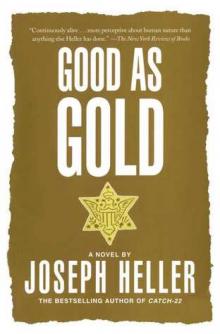 Good as Gold
Good as Gold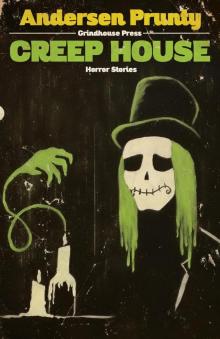 Creep House: Horror Stories
Creep House: Horror Stories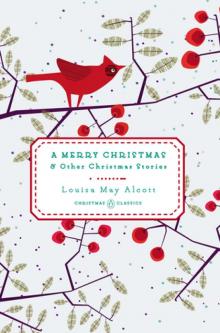 A Merry Christmas and Other Christmas Stories
A Merry Christmas and Other Christmas Stories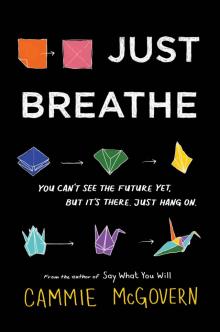 Just Breathe
Just Breathe Echoland
Echoland